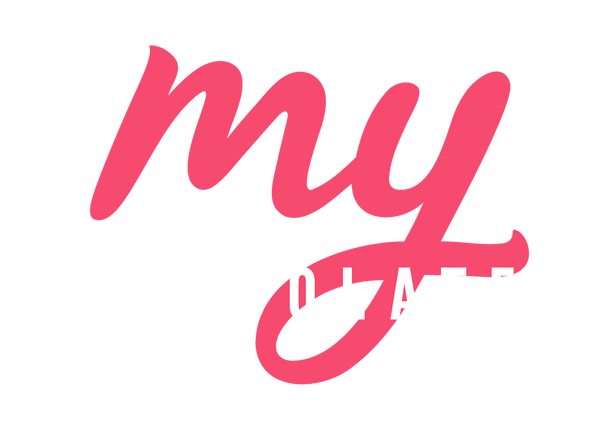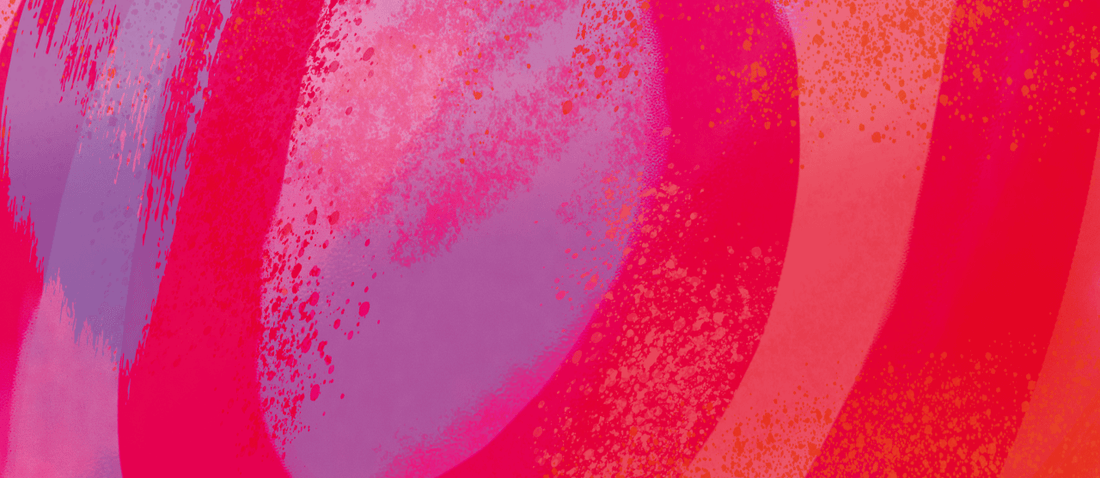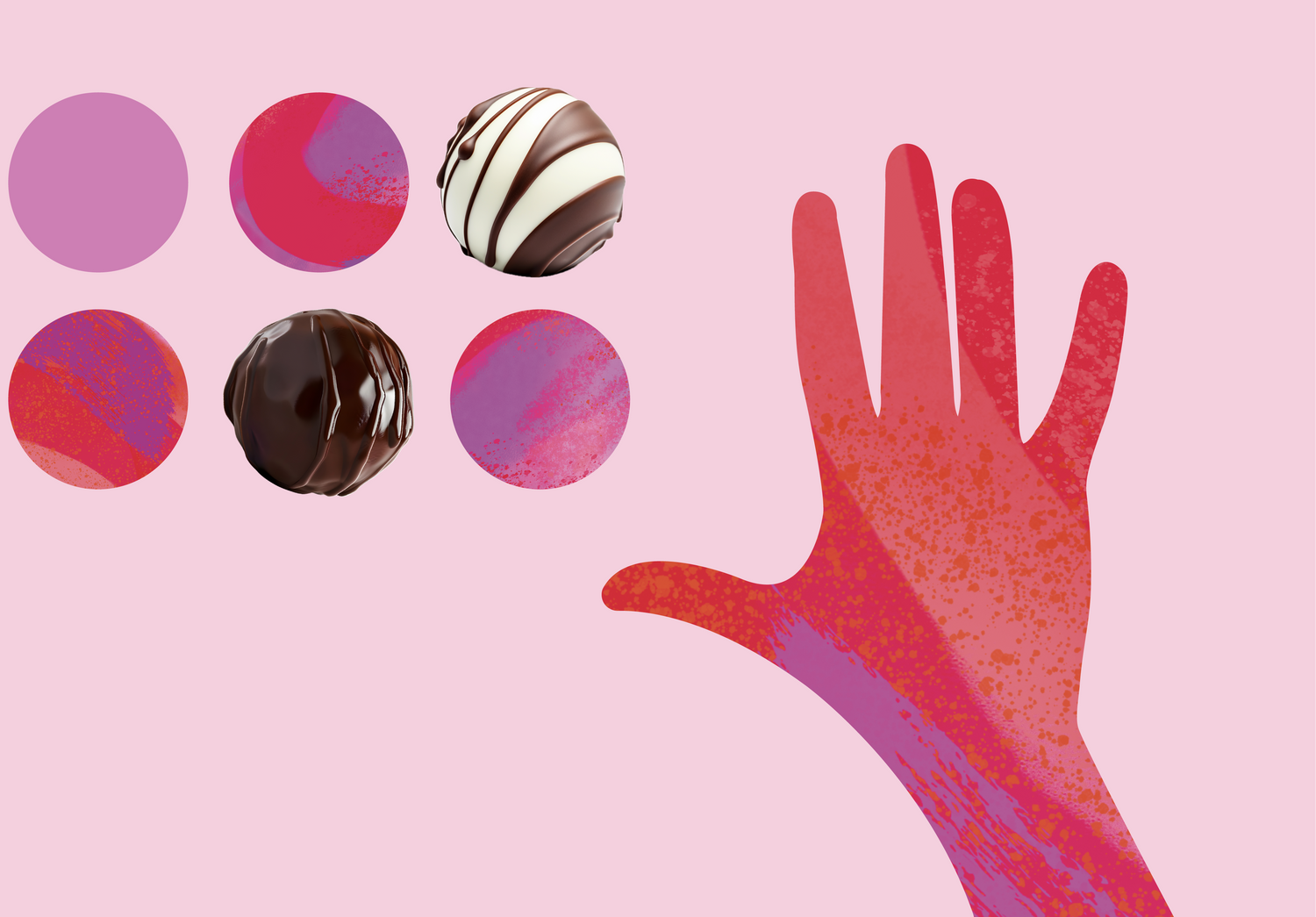Easter is the most important chocolate event of the year, but that hasn’t always been the case. Throughout the history of spring and Easter, eggs have always been a symbol of fertility, new life and the new beginnings of spring, long before chocolate even came to Europe.
For many years, hard boiled eggs were painted and decorated and hung from branches. Often, egg shaped toys were given to children at Easter filled with sweets and treats, without no chocolate in sight – shocking, we know.
But then, in Europe in the 19th century, chocolate Easter eggs became increasingly popular, as the availability of chocolate grew. Most likely the trend started in France and Germany before coming to England in 1873 when confectionary company JS Fry & Sons started making early versions of what we now consider a staple of holy week. The first incarnations of Easter eggs were made from dark chocolate and were most likely grainy and bitter. Eating chocolate was relatively new and was hard to mould into shapes, so the eggs were normally completely solid.
But then, two things happened that changed the face (and taste) of Easter eggs. Dutch inventor Van Houten created a press that separated cocoa butter from the cocoa bean, and the Cadbury brothers introduced a pure cocoa. These changes in manufacturing created a kind of chocolate that was not only less grainy and bitter but also easier to mould into an egg shape.
These eggs quickly became popular and by 1893 Cadbury’s had 19 different Easter patents on Easter Eggs – that’s loads for the 1800’s. These eggs were often decorated with Marzipan or filled with sugared almonds, and as the 20th century arrived, they only became more popular.
These days, there’s every variety of Easter egg you could imagine lining shops, with loads to choose from whatever your chocolate taste.
Fun fact! 43% of kids say they can’t wait until Easter Sunday, and eat their Easter Eggs before then.


